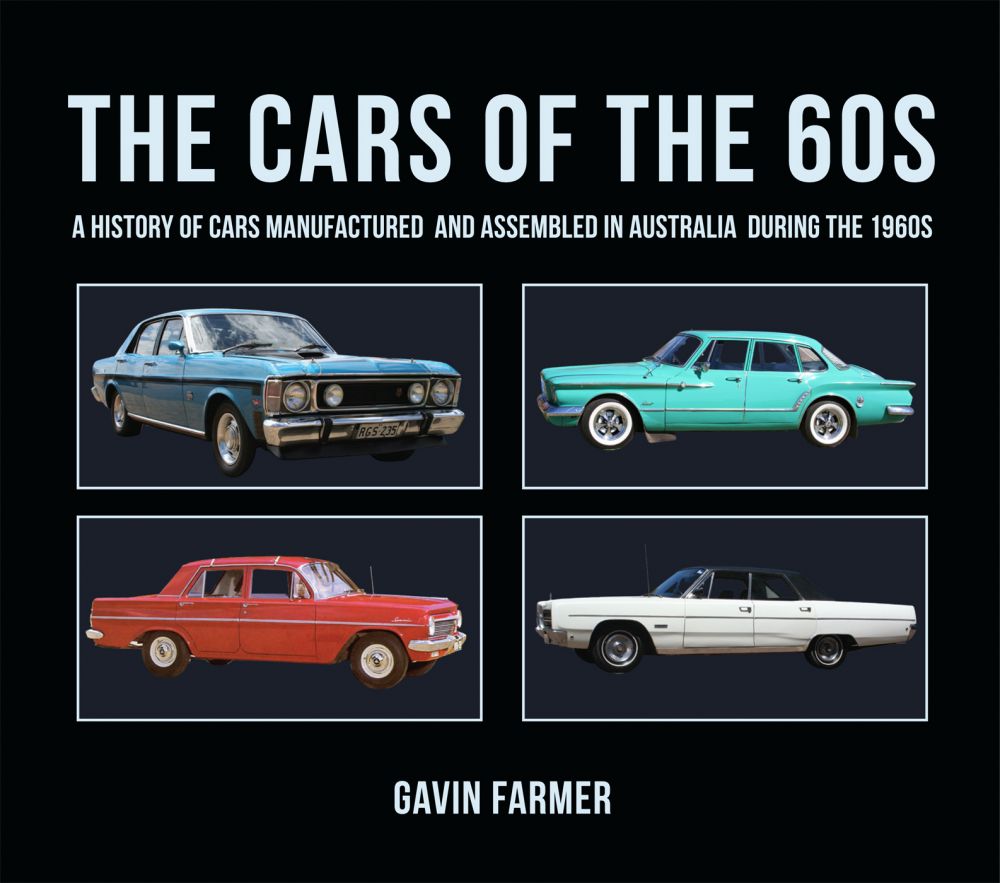The Cars of the 60s
A History of Cars Manufactured and Assembled in Australia during the 1960s
| By | Gavin Farmer |
|---|---|
| Format | Hardback |
| Page Extent | 192 |
| Book Size | 235 x 280mm |
| Imprint | New Holland Publishers |
| Release Date | 7/08/2023 |
| Subject Classification | Industry & industrial studies / Manufacturing industries / Road vehicle manufacturing industry |
Gavin Farmer looks at the history of car manufacturing and assembly in Australia in ‘Cars of the 60s’.
Following the boom times of the fifties, the sixties became a decade of consolidation on the one hand and a series of challenges on the other, some economic and some political. It marked the beginning of a very real challenge from Ford on GM-Holden as well as from Chrysler and several Japanese manufacturers who had quietly entered the Australian market. The decade began with a Federal Government credit squeeze which created difficult times for the whole industry.
The sixties saw the beginnings of Australia’s power wars with the likes of the Ford Falcon GT sedan, Holden Monaro GTS coupe, and the Chrysler Pacer sedan. The big story in Australia in the sixties was the emergence of the compact class of car epitomised by the Holden Torana that evolved out of the dull Vauxhall Viva. By 1968 it had been developed by Australian engineers into a compact six-cylinder car that opened a new market segment missed by its rivals; Ford entered the small car market with a dual attack.
It was also in the Sixties when the Japanese manufacturers really established a foothold in Australia.
In the Sixties Australia lost its innocence and life changed in every way; the “good ol’ days” as they were remembered were gone. Established companies were floundering and failing as they were left behind in the dash to modernise and re-equip old factories—the Germans and the Japanese all had brand new factories full of the latest technology equipment that meant parts could be made faster and cheaper—and so the old order rather quickly changed.









